10+ Imposed Beauty Standards We Should All Stop Following

Time goes by and sometimes we are so busy that we don’t even notice. We remain seated, with our legs crossed, and suddenly it’s as if an army of ants invaded us on one leg. What happened? That area has “fallen asleep” and we are forced to change position to remedy it, but boy, is it annoying and uncomfortable.
At Now I’ve Seen Everything we decided to investigate more about this tingling sensation, and it turns out it even has a special name: Keep the “ants” away from your body!
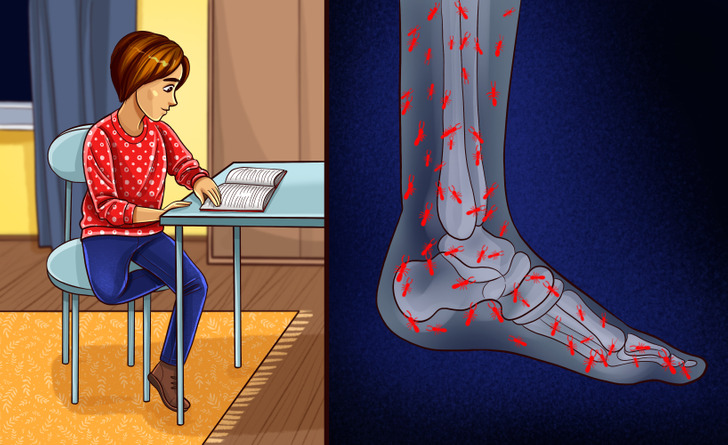
According to the National Institute of Neurological Disorders and Stroke, the sensation of numbness in the body is called paresthesia. This is usually felt in the hands, arms, legs, or feet, as well as other parts of the body, and it feels as if a bunch of ants are going through that area, which can become very uncomfortable.
A study shows that this numbness, which usually occurs without warning, as the person is not usually aware of this sensation, does not always cause pain, but rather a discomfort. This discomfort can occur in millions of people around the world, especially in those whose profession may limit their movements, such as working in a sitting position.
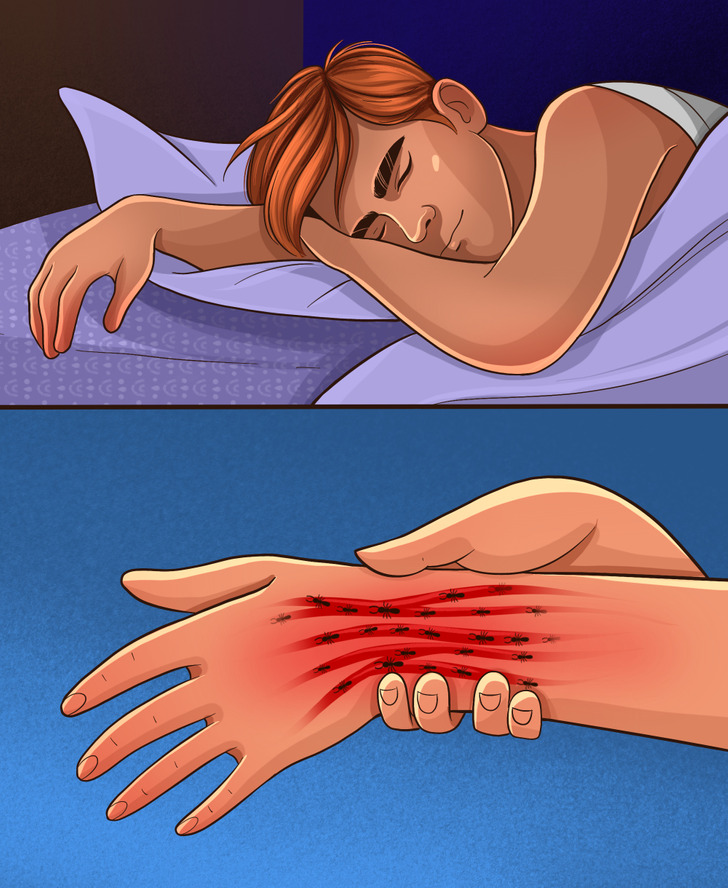
At some point, many of us have experienced temporary paresthesias, which we colloquially describe as a part of our body “falling asleep.” This happens when we have been in one position for a long time, when we have been cross-legged, or have fallen asleep with one arm folded under our head.
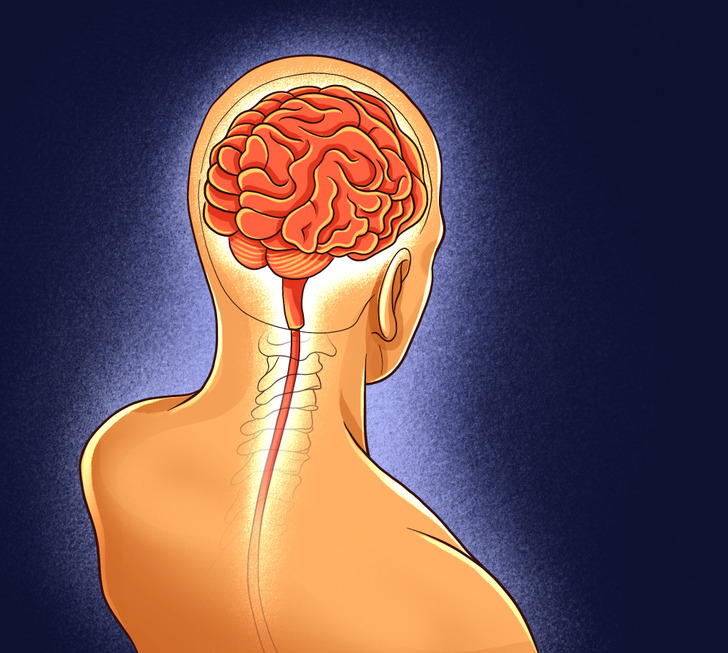
This occurs because sustained pressure is exerted on a nerve, although it can also be the result of an acquired injury or some other condition with damage to the nervous system, such as a nerve injury, a herniated disc, a tumor, etc.
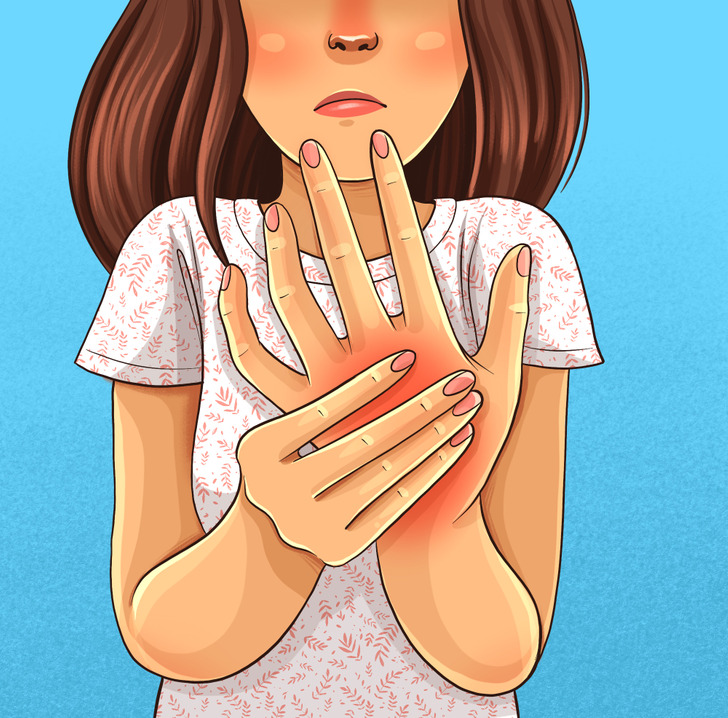
During paresthesia, the affected area becomes numb and stiff (but flexible), which increases the sensation in the area when it rests on a hard or soft surface, and spreads to other parts of the affected limb.
The sensation of a numb limb usually fades quickly once the pressure on the nerve is relieved, causing blood to circulate the area again. This can be accomplished by moving the numb part with exercise, massage, or stretching. Gradually, the tingling will reduce until it disappears.

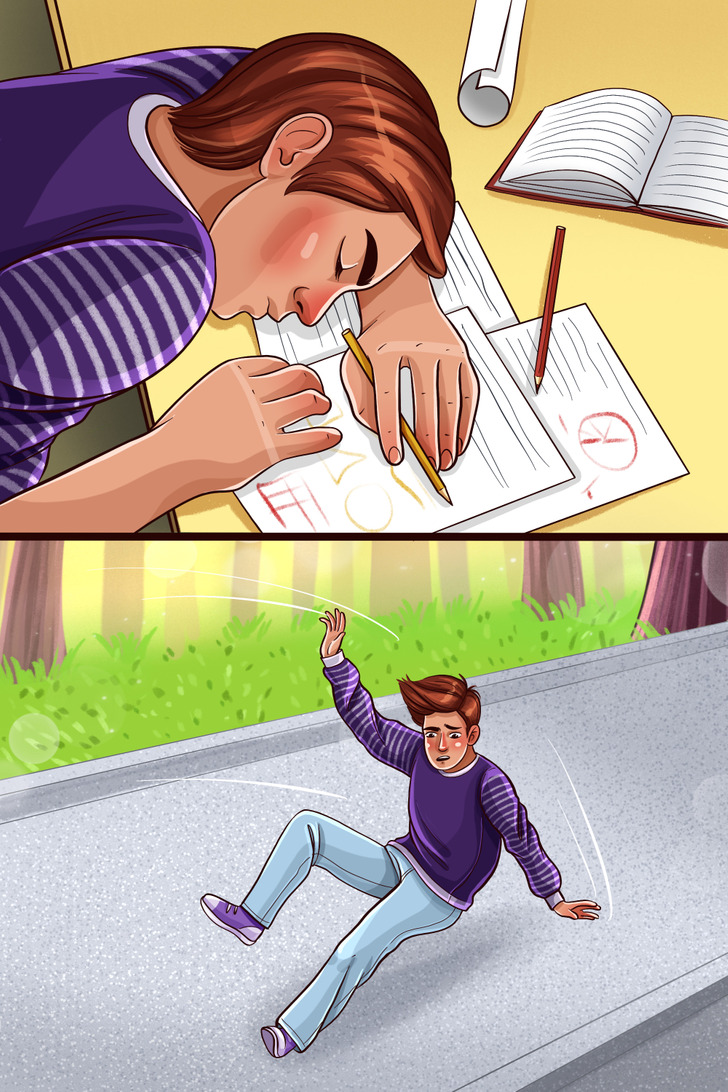
Due to the feeling produced by paresthesia, some consequences may occur, such as:
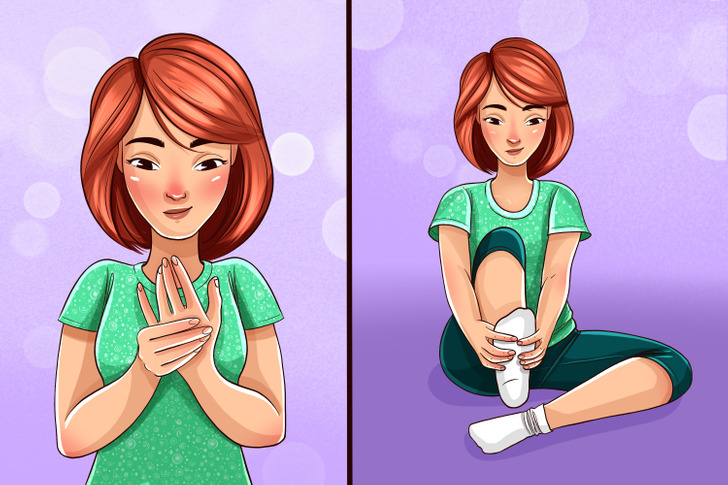
Some types of paresthesia are:
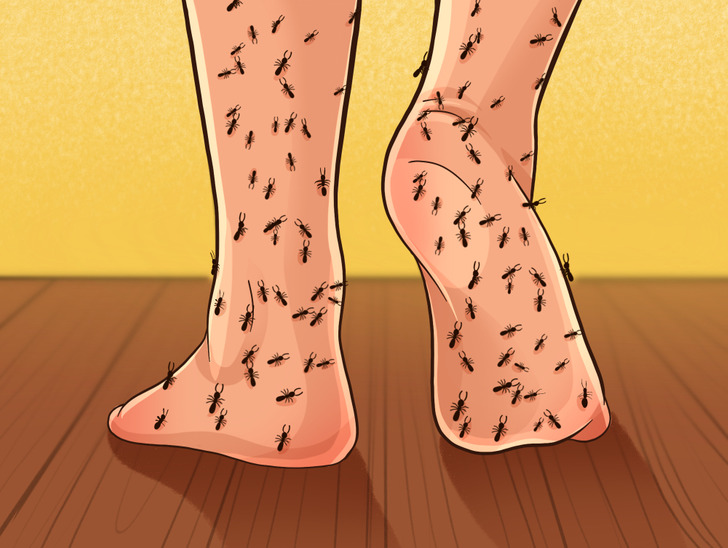
If this abnormal sensation occurs recurrently, we are talking about chronic paresthesia, which is usually a symptom of a neurological disease or traumatic nerve damage. It may be caused by disorders affecting the central nervous system, such as stroke, multiple sclerosis, or encephalitis. A tumor or vascular injury may also cause it. Some syndromes, such as carpal tunnel syndrome, can damage peripheral nerves and cause paresthesia accompanied by pain.

The diagnosis, always made by a specialist, usually consists of a study of the patient’s medical history, a physical examination, and laboratory tests. In some cases, depending on the patient, the physician may request additional tests.
You should consult a physician if:
Do you often suffer from paresthesia? What do you do when a part of your body goes numb?











